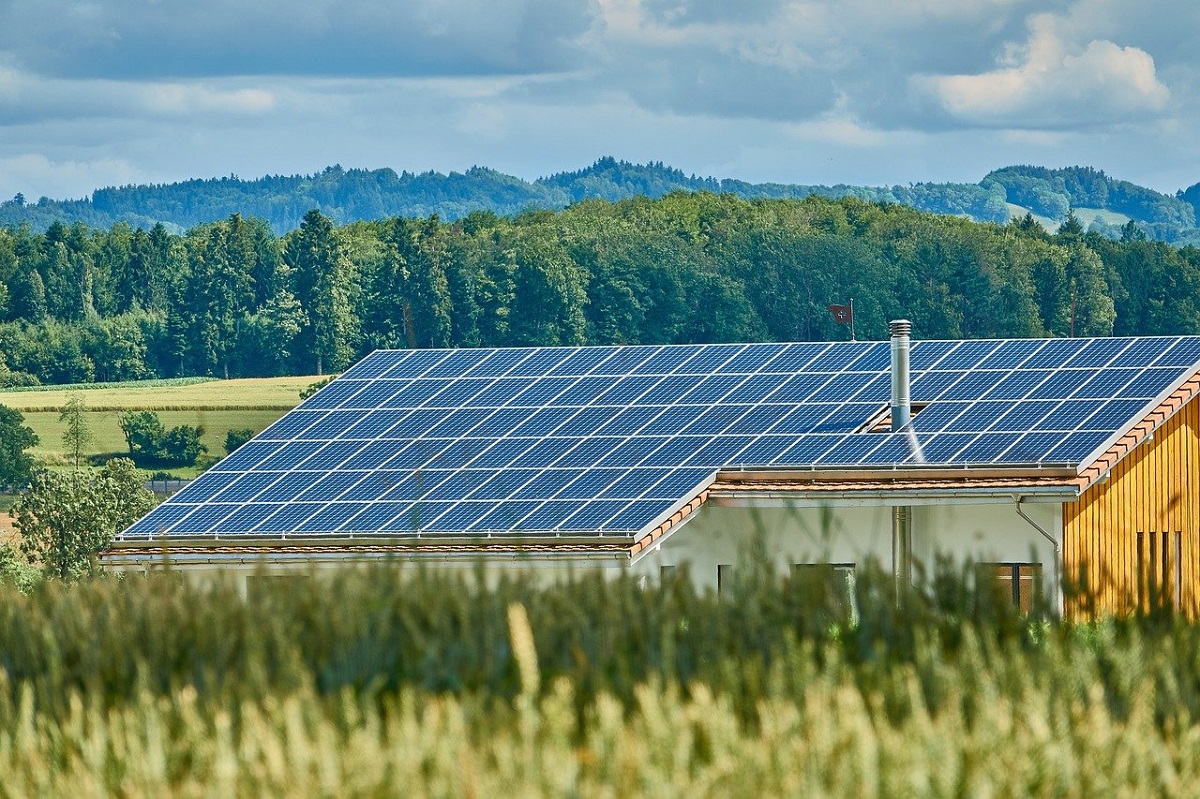According to the roadmap for expanding renewable energy released on Tuesday by the Ministry of the Environment, the production of renewable energy at environmental facilities in Korea is set to double within five years, The Korea Herald informed.
The ministry revealed its strategy for increasing the production of renewable energy at environmental facilities, with a target of 5,764 gigawatt-hours per year by 2026. As of 2021, the target is 3,264 GWh annually. Environmental facilities include everything from sewage treatment plants to dams.
To make the environmental facilities energy independent by 2030, the ministry will also set a target for the annual production to reach 8,726 GWh.
Korea now has 1,341 environmental facilities, such as those for the production of biogas that uses waste resources including food waste, wastewater treatment facilities, dams, and more in order to generate electricity, according to The Korea Herald.
The facilities produce 3,264 GWh of renewable energy annually, however, they are considered high energy-consumption establishments because of their combined annual energy use of 7,625 GWh.
The ministry promised to roughly double the facilities’ energy output by improving their energy production efficiency.
Currently, more than 90% of organic waste materials, including food and animal waste as well as sewage sludge, are converted into compost or animal feed, according to the ministry.
However, as biogas is a valuable source of sustainable energy, it intends to improve the effectiveness of producing energy from organic waste resources. By increasing the number of biogas-producing facilities from 110 to 140, the ministry hopes to almost triple biogas output.
According to the government, using biogas instead of municipal gas will eventually result in an overall greenhouse gas reduction.
The government will seek to help these companies in order to increase the number of biomethane production plants in Korea from two to five, as there are also private enterprises interested in producing green hydrogen energy from biomethane, which is a type of biogas.
The ministry will also make investments in water management and environmental infrastructure so they can produce their own electricity, reducing Korea’s carbon footprint.

